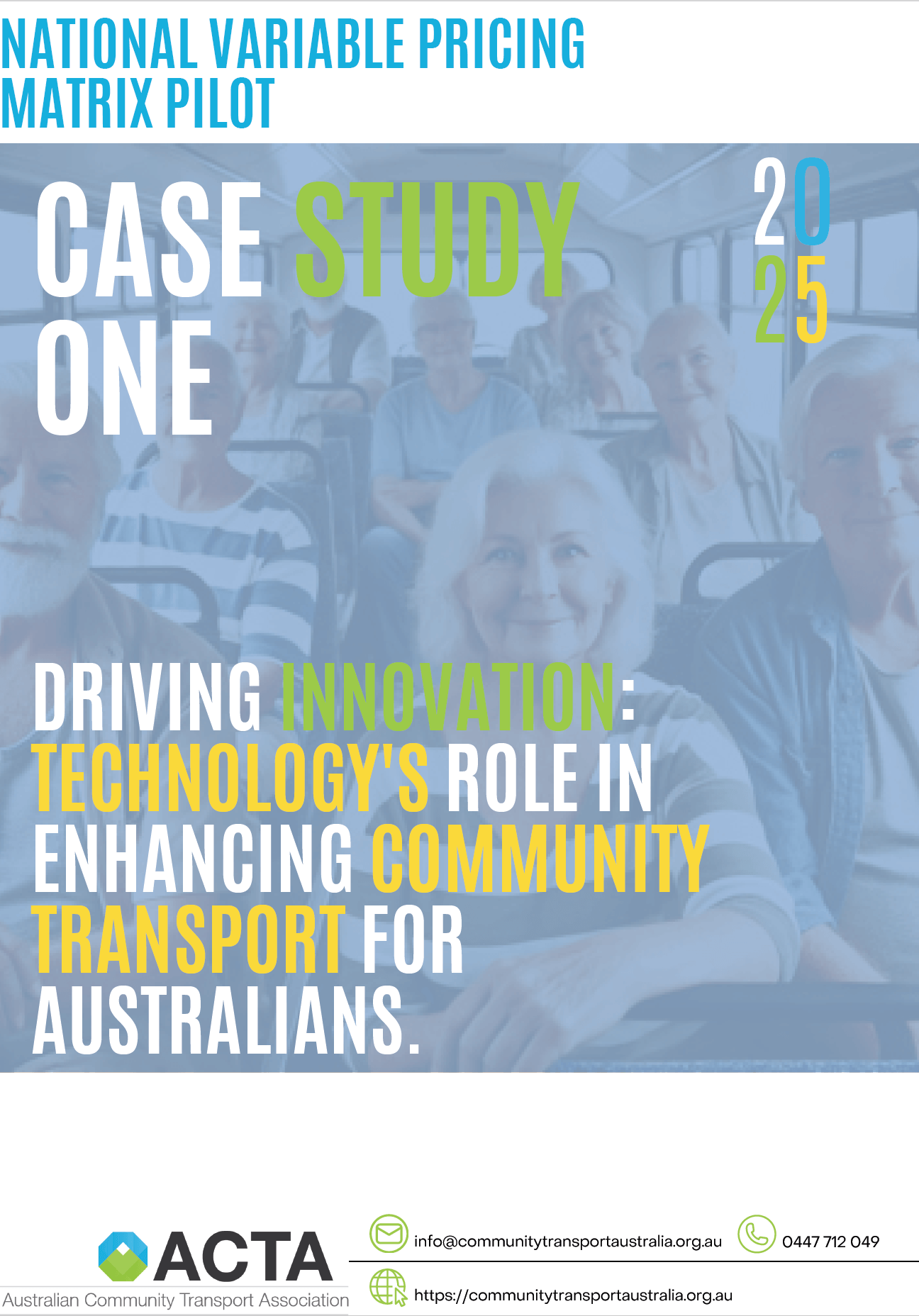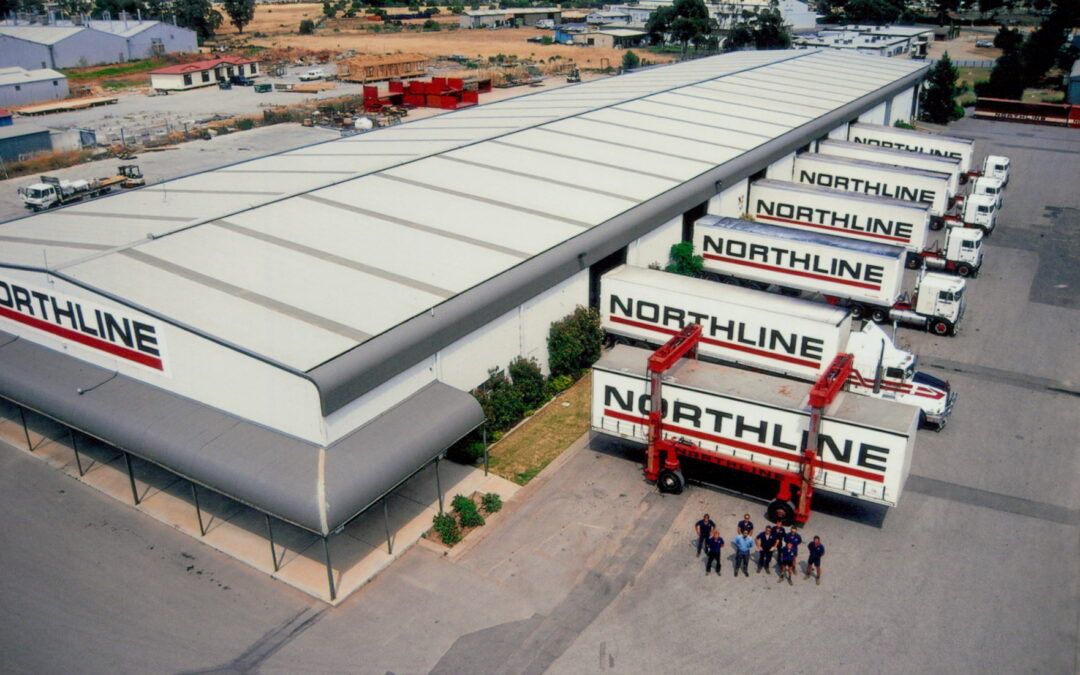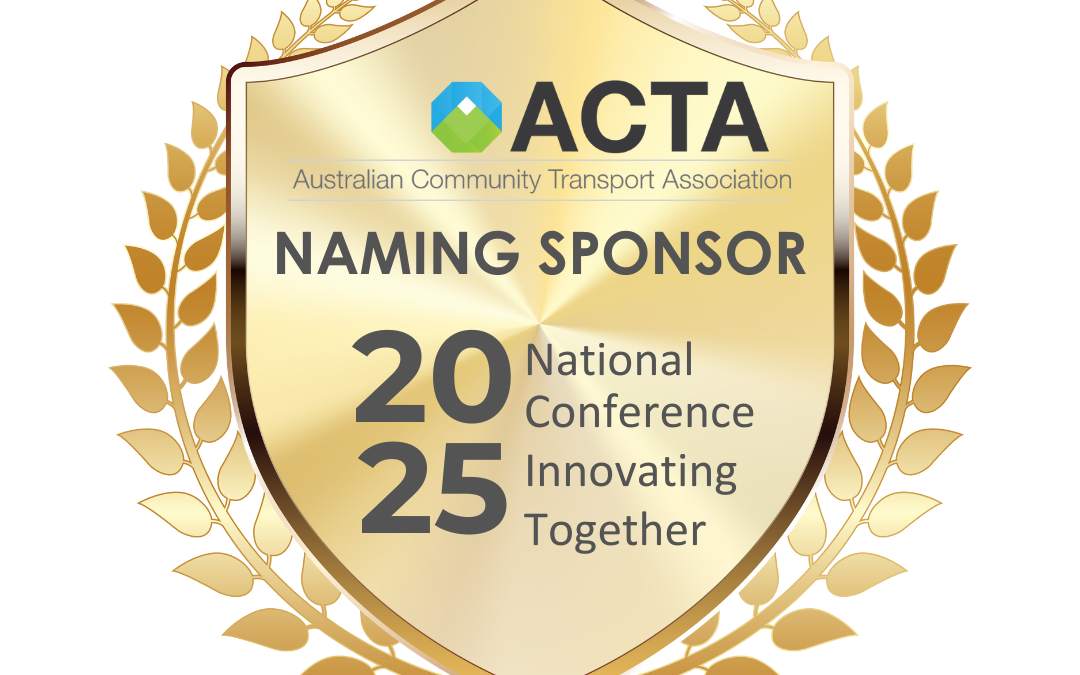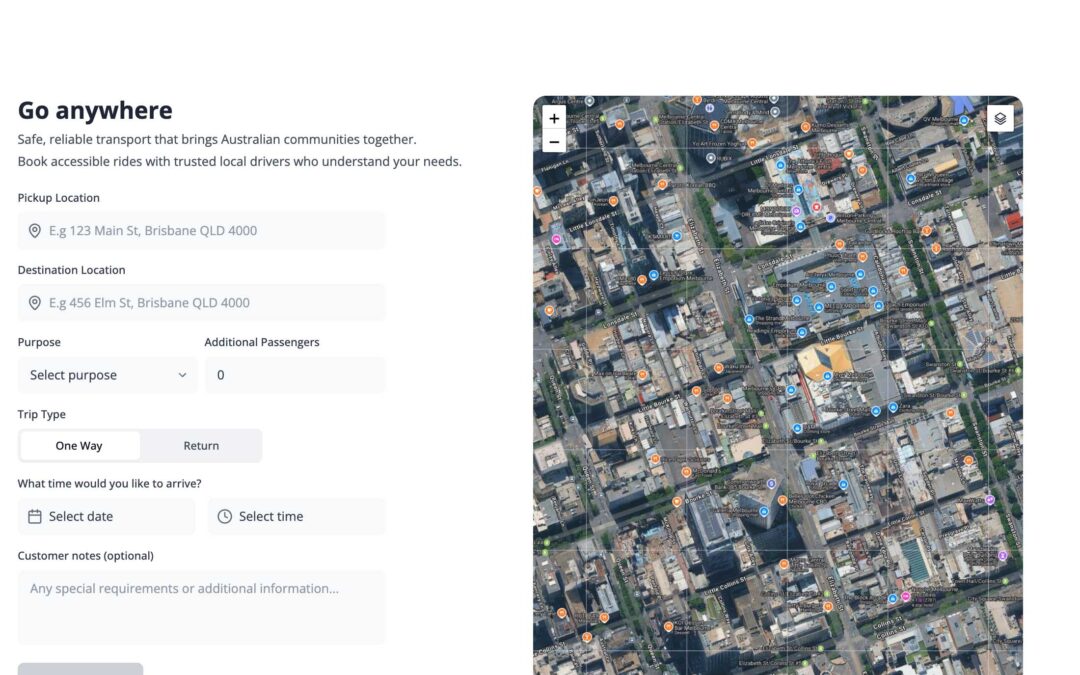Driving Innovation
with Orcoda Technology in Community Transport
Community Transport is more than just a mobility service; it is a lifeline for countless Australians. From enabling access to healthcare and social connections to providing vital support for the elderly, people with disabilities, and culturally diverse communities, these services help individuals live more independent and dignified lives.
The release of the National Variable Pricing Matrix Pilot (NVPM) Case Study, developed by the Australian Community Transport Association (ACTA), highlights the transformational role of technology in enhancing the efficiency, accessibility, and sustainability of Community Transport services. Case Study One – Driving Innovation: Technology’s Role in Enhancing Community Transport for Australians, this report provides actionable insights into how technology—powered by Orcoda—has transformed service delivery for clients TransitCare and Burnie Brae.
Orcoda Technology at the Core of Transformation
Orcoda’s technology has been pivotal in helping Community Transport organisations innovate and overcome operational challenges. Here are some highlights from the NVPM case study.
Enhanced Accessibility and Inclusivity
Orcoda Community Transport software ensures tailored solutions for all clients, from wheelchair users to culturally diverse populations. This approach has transformed service delivery, making Community Transport equitable and responsive to diverse client needs.
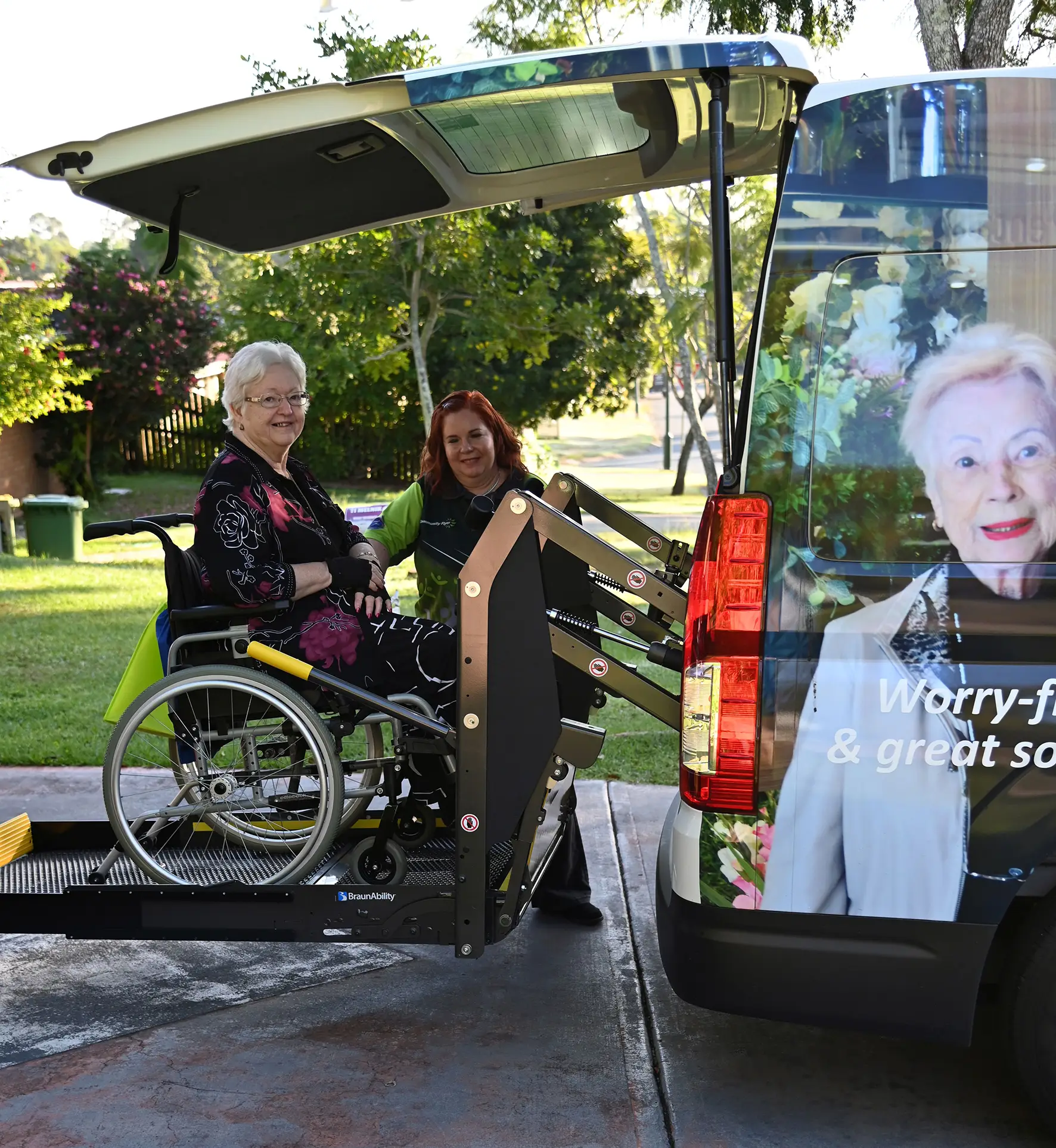

Driving Efficiency and Reducing Costs
By adopting Orcoda Community Transport, providers like Burnie Brae have seen:
- An 80% reduction in scheduling time, enabling staff to focus on community-building efforts.
- A dramatic increase in efficiency, allowing providers to serve more clients daily with fewer resources.
- Automated scheduling, shared trips, and data-driven planning have collectively improved resource management, meeting rising demand while cutting operational costs.
Real-Time Monitoring and Safety Improvements
Advanced monitoring features offered by Orcoda ensure:
- Real-time tracking of speed, routes, and stops, allowing rapid response to any issues.
- Timely interventions for passenger safety, with up-to-date medical and contact data available at a moment’s notice.
This level of oversight enhances both passenger trust and operational reliability.
Overcoming Challenges
Despite the undeniable benefits, transitioning to digital systems is not without hurdles:
- Staff Resistance: Long-tenured staff and volunteers often resist change due to unfamiliarity with technology. Engaging “change champions” within organisations has helped promote enthusiasm and guide smooth transitions.
- Resource Limitations: Many providers face constraints in funding and infrastructure, particularly in regional and non-metro areas with limited connectivity.
The study emphasises the importance of leadership, inclusive planning, and securing government grants to support these transitions.
Broader Implications for the Sector
Technology’s potential transcends individual providers. The case study underscores the need for:
- Sector Collaboration: Knowledge-sharing and showcasing success stories to encourage widespread adoption.
- Government Investment: Funding for infrastructure upgrades and digital transformation to ensure rural and regional areas can benefit from advanced systems.
- Sustainability: With growing demand due to aging populations, sustained investments in technology are critical to delivering consistent equitable support.
A Vision for the Future of Community Transport
Community Transport continues to close gaps left by mainstream systems, offering dignity and support to Australia’s most vulnerable populations. The NVPM Case Study highlights how Orcoda’s innovation is shaping a brighter tomorrow:
- Efficient Operations: Coordination of shared trips, automatic reminders, and seamless booking platforms reduce administrative burdens and increase service capacity.
- Tailored Solutions: Every trip, vehicle, and driver is optimised to meet individual client needs, ensuring personalised care and safety.
- Data-Driven Insights: Technology enables smarter reporting systems, helping providers make informed decisions and meet compliance requirements effortlessly.

Terry O’Toole, CEO of TransitCare, aptly notes
“It is a good reflection of how Orcoda is influencing the change in the industry. Visiting other sites where similar systems are in action offers inspiration and a chance to see what’s possible.”
Explore the Possibilities with Orcoda
This case study is a testament to the dedication of Community Transport providers across the nation, showcasing how innovation can address challenges and enhance service delivery models. By leveraging Orcoda’s advanced solutions, providers can build more efficient, inclusive, and sustainable services for the communities they serve.
Take the next step in your technology transformation—download the full case study here to discover detailed insights and success stories.

